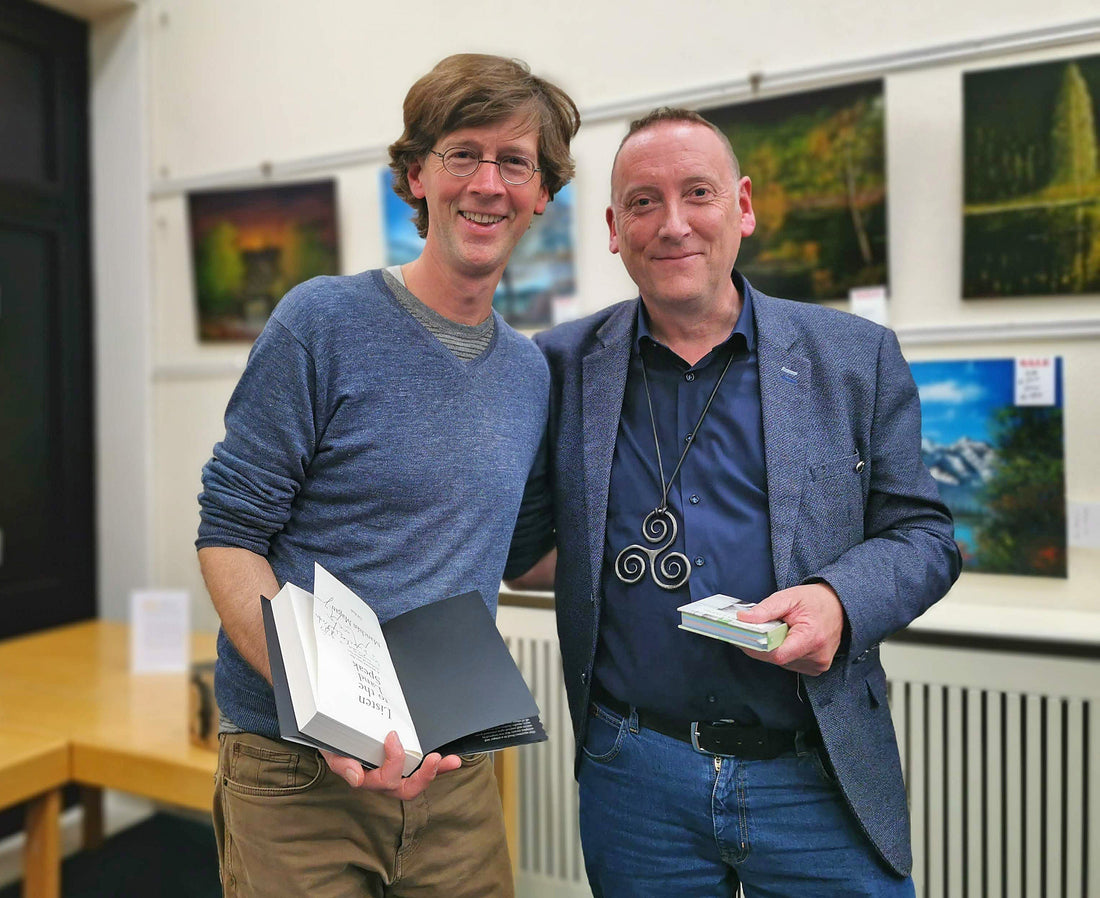
Manchán Magan - A Tribute
Manchán Magan has “journeyed into the great beyond, and the whole universe has lit up at his arrival”
My first encounter with Manchán Magan and his unique and interesting name (which many people, even in Ireland, still cannot pronounce properly!) was through the medium of radio. In the not-too-distant past, I worked in a newspaper office in Dublin and commuted daily from Drogheda and back home in the evenings.
Once a week, on a Tuesday, Newstalk Radio host George Hook would host a segment called ‘Travel Destinations on the Right Hook’ and his guest would be Manchán Magan.
I didn’t know anything about Manchán at the time, but I was certainly impressed and intrigued by his knowledge of the far-off places of the world and their strange and interesting customs and locations.
Manchán came across as a very fluent, energetic, knowledgeable interview subject who had clearly travelled widely, and been to some places on this earth that some of us hadn’t even heard of.
In the summer of 2017, when I was working hard on preparing my book, Mythical Ireland: New Light on the Ancient Past, for publication, I was moved by something Manchán had written in an article for the Irish Times newspaper. It was about Irish placenames, and in particular how their Anglicisation had undermined our sense of connection to the Irish landscape. In that article, Manchán quoted another writer, Tim Robinson, on the subject of the ‘Englishization’ (my word) of Irish placenames:
Still today, the land comes alive through its placenames, in a way that a non-Irish speaker cannot perceive… Tim Robinson captured this withering of geographical insight in his profound and elegant way in Connemara: Listening to the Wind (Penguin, 2006) where he writes, ‘Irish placenames dry out when anglicised, like twigs snapped off from the tree.’
I included the above-quoted paragraph in a chapter I was writing for the section of Mythical Ireland dealing with Síd in Broga, which most people know by the name of Newgrange today. The name Newgrange had been given to the great monument at Brú na Bóinne some time after the foundation of Mellifont Abbey in 1142AD. However, centuries later, in the late 1800s, when the Cornish antiquarian William Borlase wrote about Brú na Bóinne, he quoted a certain Mr. O’Laverty who, in conversation with a man and his son who lived at Newgrange, was told that the field in which Newgrange was situated was called ‘Bro Park’ – the bro element being a variant of Brug or Brú, hence Síd in Broga. The local people, it transpired, never forgot the old name of Newgrange despite the passing of the years.
I suggested in that same chapter that perhaps we could imagine that Newgrange could be given its old name back. I did not know back then – in 2017 – that my own opinions about such matters were shared by this indefatigable conversationalist and writer called Manchán Magan, whose voice I was hearing once a week on the long commute home from Dublin, often on the clogged-up M50 motorway which rings Ireland’s capital city.
Fast-forward to 2020, the year of the Covid-19 pandemic. In March of that year, we were sent home from the office and worked remotely from our houses. The day the lockdowns were announced – Thursday 12th March – I began a livestream called ‘Live Irish Myths’, which continued every day for 103 episodes, before eventually reducing to one episode a week. That livestream continues to this day. This week’s episode was number #344.
In the autumn of 2020, there was a great rumbling, a buzz, a flurry of reviews and articles about a new book with a curious title: Thirty-Two Words for Field. Its author was none other than Manchán Magan, that apparently tireless young man (he was actually four years older than me, but both looked and sounded younger) who had impressed the listeners of the Right Hook with his deep well of knowledge about Ireland, the world and their strange and interesting places.
Over the course of winter 2020-2021, I came up with the idea of hosting special ‘Conversation’ episodes of Live Irish Myths, which would feature well-known guests, authors, folklorists, archaeologists and people knowledgeable in various subjects related to Ireland’s past. Folklorist Eddie Lenihan was my first guest. Manchán Magan was the second. He was an obvious choice, since his book Thirty-Two Words for Field dealt with subject matter perfect for a Mythical Ireland audience. In any case, I would have had no choice. Lots of livestream viewers were contacting me, asking me to feature Manchán as my next guest!
When I reached out to Manchán by email in January of 2021, I was delighted with his immediately affirmative reply. “Yes!” he said, but in a manner which I later learned was typical of the man, he humbly suggested that “As you can guess my knowledge is quite superficial. I’m not an expert on anything, but I’m happy to share what I know, or at least whatever I can remember.”
I offered to pay him a fee for his appearance.
“No fee needed. Thanks for asking though.”
On Monday 1st February, Manchán and I spent an hour and forty minutes talking about the Irish language, myths and legends, spirituality, travel and many other things, with a live audience of several hundred watching on. He was exceptionally fluid, knowledgeable and generous with his time. He deflected praise. He also claimed not to have great intellect. I beg to differ!
At the time of our conversation, Manchán was 50 years old, or – as we say in Ireland, 50 years young. To me, he always looked years younger than the actual ‘mileage’ he had clocked up. He had all the appearance of eternal youth about him. He was a man upon whom it seemed no stress or angst or sorrow or regret could find rest. He was constantly bursting with the enthusiasm of a child, eager to tell the adult world about all the things he was passionate about. He was ever impassioned, effusive; even glowing.
When enough time had passed, and Covid-19 began to become a thing of the past, an opportunity arose for Manchán and I to have another conversation, this time in front of a live audience. I received an invitation from Geata Arts in Clonakilty to participate in their Féile Shamhna in early November 2023. They asked if I would like to do a ‘live podcast’ interview with Manchán Magan. I answered immediately and enthusiastically. It would be an honour.
The event had a theme – ‘Listen to the Land Speak’, which was the title of Manchán’s most recent book at that time.
When the day of the event came around, I arrived at the venue, De Barra’s in Clonakilty, and was soon brought upstairs to what one might call a ‘green room’, where the performers would gather before and after gigs in the venue beneath.
Manchán was no different in the flesh than he had been online. He was loquacious, enthusiastic, affable and modest. We talked for about an hour (it seemed like 15 minutes, but time flies in the presence of someone exceptionally bright and fascinating) and were entirely comfortable in each other’s company. I had the distinct impression of Manchán as a kindred spirit, although we had both led very different lives. He was just as you would want a friend and kindred spirit to be – interesting, entertaining, humorous, non-judgmental, and full to the brim with enchanting information.
He was the closest thing – encapsulated in a human being – to what I might call an ‘eternal man’ that I had ever encountered. He was a man out of his time. He was a man for all times. He might well have emerged from a fairy mound; that was at least as tenable and believable a notion for me as the idea of a physical, biological (one might say ‘normal’) emergence that we call childbirth.
The name Manchán is Irish, and means ‘little monk’. He once confessed that if he had lived in medieval times, he most probably would have been a monk. The monks of Ireland sought knowledge and wisdom, and wrote Ireland’s first books. They were among the brightest intellectuals of medieval Europe. Part of me wonders about reincarnation, and I have written about the apparent eternal nature of the human soul. The possibility that the man we knew as Manchán Magan had been alive in previous incarnations, and lived through various ages of Ireland’s storied past, is not at all an alien notion to me.
The live podcast event was held in a packed De Barra’s Folk Club in Clonakilty. I was exceptionally relaxed as we went on stage. I felt no nerves at all, despite the crowd. Manchán had an innate ability to put you at ease. I was not on stage with an ‘interview subject’; I was sharing the stage with a soul brother and someone with whom I could feel entirely at home.
My only regret about that event is that we were limited to an hour. In typically Irish fashion, we went over that time, but I would gladly have chatted with him for hours, even days. Because Manchán was working on a new TV series (called Listen to the Land Speak) for RTÉ, there was a professional film crew in the venue recording the event. Fortunately for me, they filmed the whole conversation, and afterwards I was offered a video of the occasion for upload to the Mythical Ireland YouTube channel. You can view it back here:
The next morning, I met Manchán in the street as I was heading to my car to drive home to Drogheda. Again, he was kind and gregarious. As we were about to part company, I put my hand out to offer a handshake. “That won’t do,” he said, and quickly added: “Give us a hug.”
I doubt that I am alone, in coming to terms with his untimely passing, in reflecting upon his enormous humanity. He was a nice guy. A very lovely human being.
Little did I know, as we parted company that day in Pearse Street in Clonakilty, that this wonderful man would be struck down years ahead of time by cancer, and would have left this world before another two Samhains had passed.
We previously met in Navan Library in October 2022, where he was giving one of his many talks. (I wonder how many public talks Manchán gave in his life. It’s certainly hundreds, but may even run to thousands). He was at that time Meath County Library’s writer in residence. After the talk, my father and I were among those audience members who asked him questions, and as ever he was ebullient and generous in answering. When the event was over, I asked him if I could buy a signed copy of his book Listen to the Land Speak, which had only just been published. He only had one copy with him, which he immediately offered to me, and began signing. He would not take any money for it. It now sits proudly in my library, and is all the more poignant since Manchán is unbelievably no longer with us.
When news of his prostate cancer diagnosis emerged during the filming of Listen to the Land Speak, Manchán was open and honest about it. He faced his illness with a rare form of bravery, verging on nonchalance. It was what it was. He was a man who seemed during his short life to be very deeply and intimately connected with what we might call a ‘spirit world’. For him, there was no life and death. There was just life. He also crammed a lot into that short life. He published 15 books, and appeared in many TV series, documentaries and programmes, and was a regular contributor to print media with written columns in the newspapers.
A few weeks ago, he appeared on Brendan O’Connor’s radio show on RTÉ. He confided that his prostate cancer had “suddenly” taken a “bout, a turn”, and it had spread to his lungs and brain, liver and bones. There was nothing in the way he spoke that suggested he was talking in fear or trepidation about his own mortality. He was conversant and diffident and positive, as if he was talking about any of his favourite subjects – Irish language, placenames, folklore. He spoke about all the books and TV series’ that he still wanted to work on.
He said that there was “a lot of pain”, but very little despair, or feelings of “why me, why me?”
“It’s a lovely thing to know that I can plan my last few … is it months or years? … we don’t know. We might get a year or two, but we’ll certainly get another few months.”
When asked if he was scared, he said: “No. For some reason I’m not scared. There’s the sadness, the sadness of thinking of my partner being alone. I have no fear of death.”
On Thursday night last, I saw a post on social media suggesting that he had passed. But there was nothing about it in the news, and nobody else was mentioning it. I went to bed uneasy, wondering if my friend Manchán was still with us in this world, or whether he had slipped away quietly into the next one.
Shortly before 2am, I woke needing to use the lavatory. I read a headline on the RTÉ news website confirming that Manchán had indeed passed away. I posted the news on Mythical Ireland’s social media channels and eventually got back to sleep, with very mixed feelings. On the one hand, there was an intense sadness, a deep melancholy over the fact that this great and wonderful person had been taken from us all too soon. On the other hand there was an assurance that he was fine, and very vibrantly alive somewhere else.
Sometime between then and the morning, I had a most wonderful dream. I was standing in the middle of a city, at night. I looked up at the sky and the stars were resplendent. Every star was visible, and pristine, and glinting and sparkling. The view was breath-taking. As I looked, I could see ‘shapes’ with distinct outlines amid the stars of the Milky Way. It was a truly exquisite, moving, incredible view. It was as if I could see EVERY star. It was beautiful beyond words.
On Friday, I wrote about this dream in my dream journal, and finished by saying that I couldn’t help but feel that it was a signification that Manchán Magan has “journeyed into the great beyond, and that the whole universe has lit up at his arrival”.
To my friend Manchán, who I had the great fortune to spend rich time with, I say:
Go lonróidh tú i measc na réaltaí | May you shine among the stars
===========
Anthony Murphy

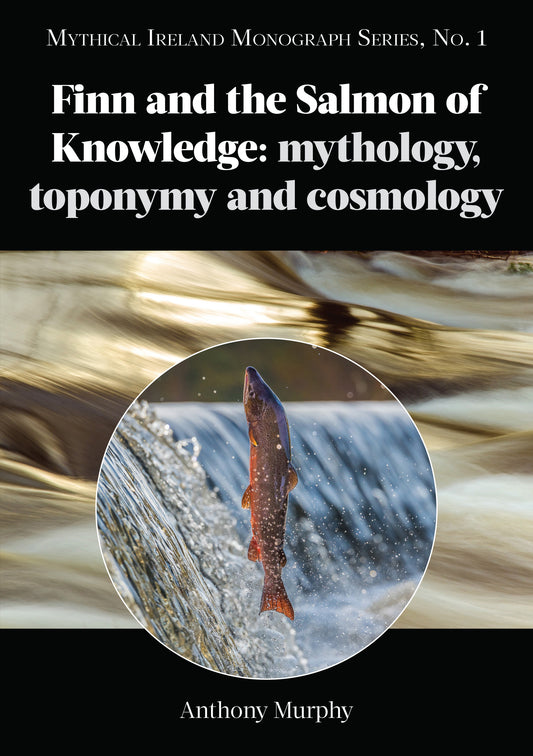
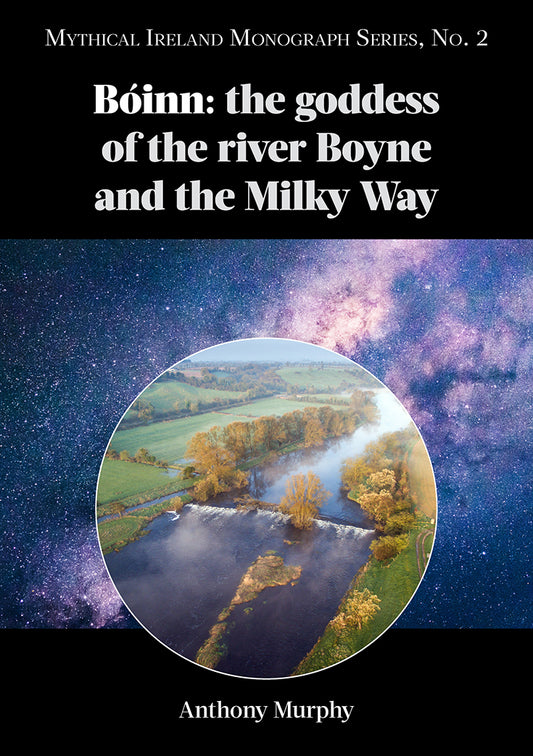
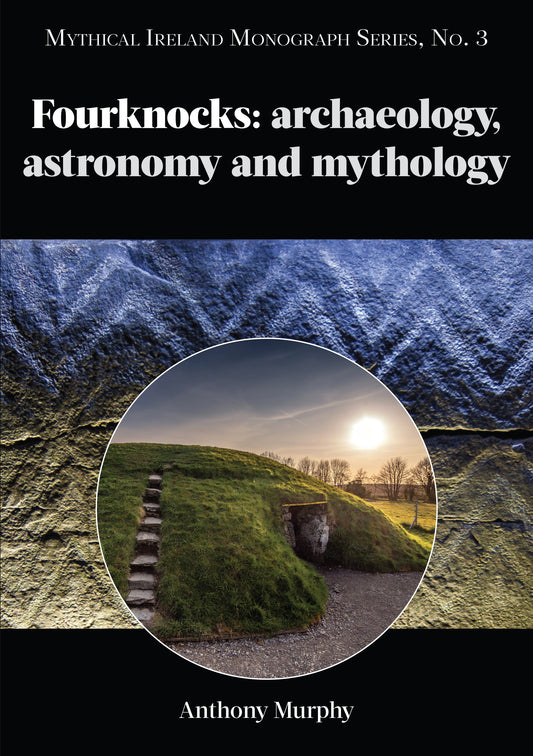
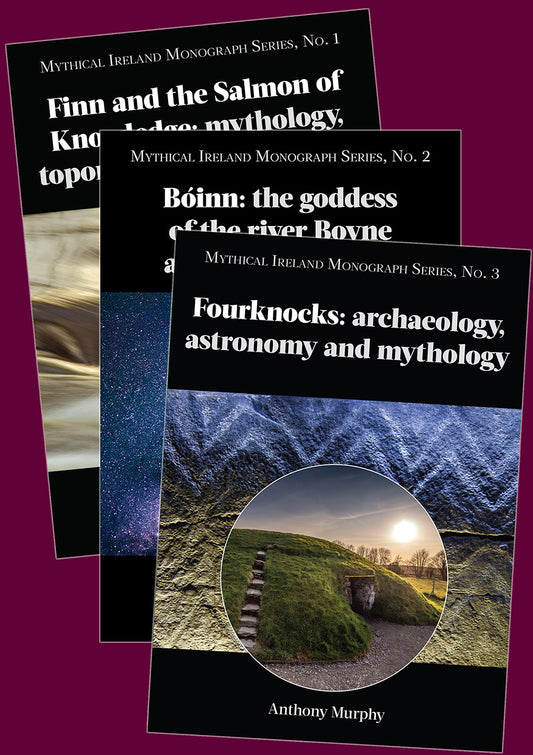
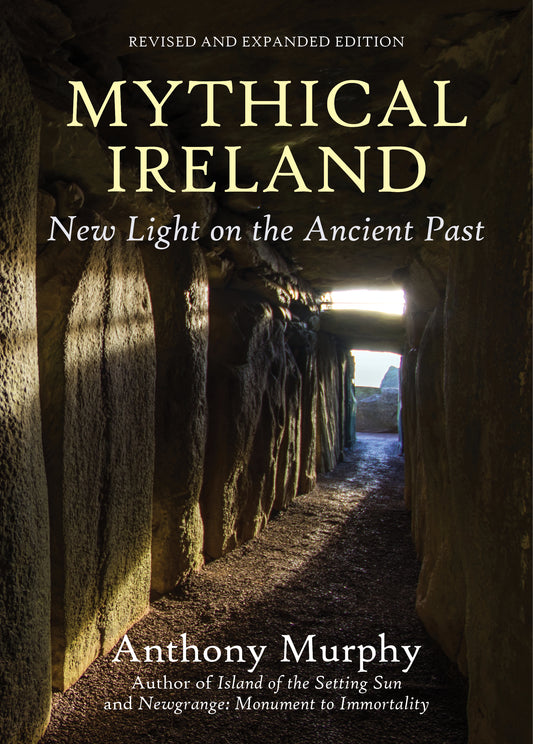
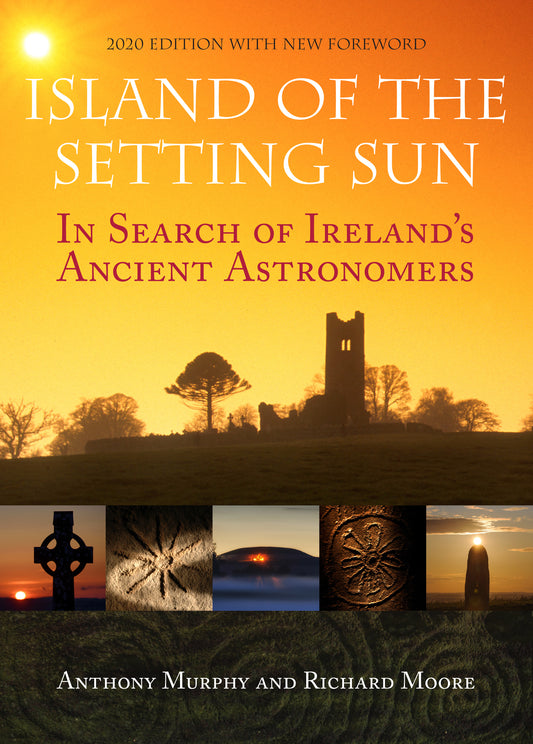
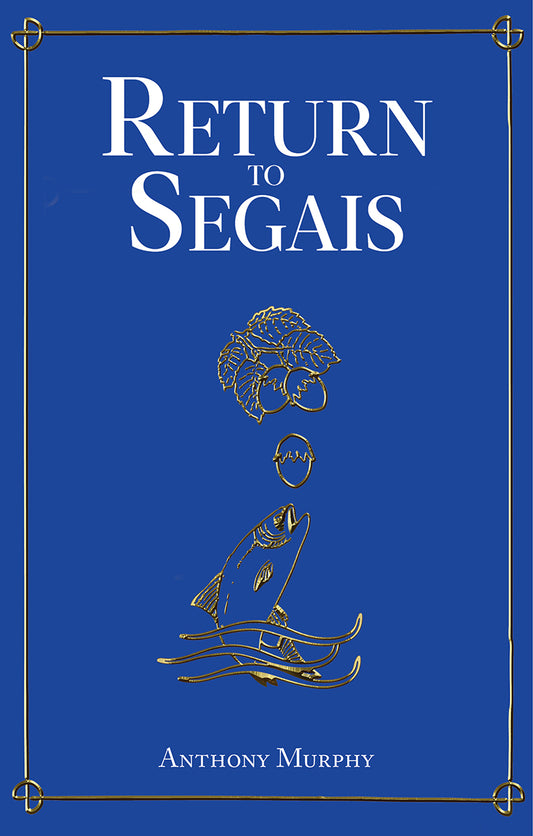
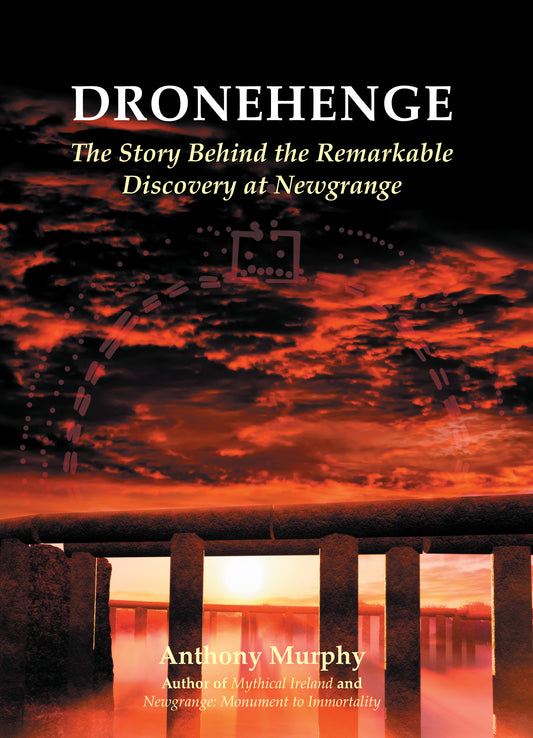
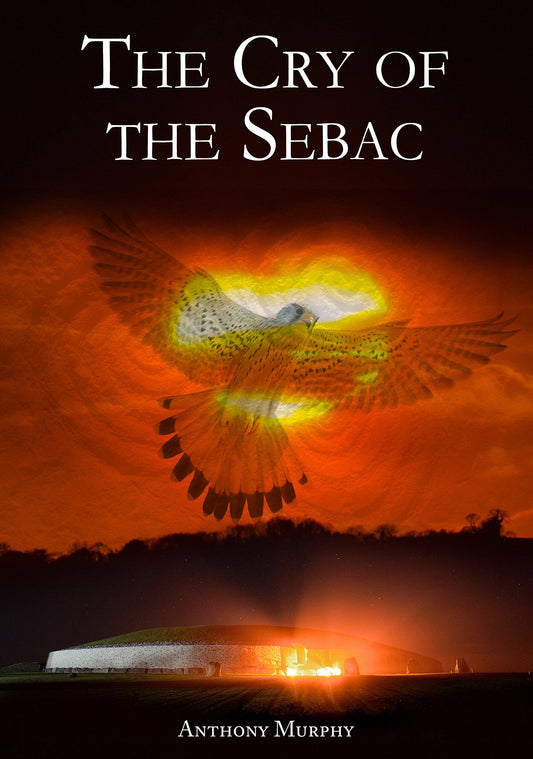
44 comments
Everything you say Anthony, rings true to the man I knew. Originally Manchán was best friends at school in the early 1980s with one of my sons. I came to know him then in the last 10 years. I found him a generous, interesting person to be around. The three ‘Ls’ – language, landscape and lore — his ideas go very deep for me. I am glad to have known him. Love to hear of your dream, thanks. He offered us so much. Le gra, Louise C C
That’s a wonderful tribute. Will def be looking into your work further. GRMMA
Mançhan story and his pssing are all news to me. I left Ireland some 60 years ago as Christian Brother and left them some 50 years later. . Im 91 now but my memory of Newgrane and othersites like Bective Abbey live actively in my mind. I live now Cape Town and find the Table Mountain rich in mythical creatures and its connection with mythical Ireland is amazing. With joy and thanks for this podcast . Mise le meas Sean Coates.
Anthony, a chara, rinne tú físeán maith le Manchán. Tá sé deacair a rá cé chomh tábhachtach a mbíonn sé. Bhí tionchar ollmhór aige: an Ghaeilge, an béaloideas, an mhiotaseolaíocht, an talamh, na séasúir. Duine ar leith ab ea é. I ndáiríre, ní bheidh a leitheid arís ann. Buíochas leatsa, a Mhancháin, le grá i gcónaí.
A most beautiful tribute, Anthony, to an amazing person. You were very lucky to spend so much time with Manchán.. a kindred spirit I would think.. Suaímhneas síoraí dá anam uasal.